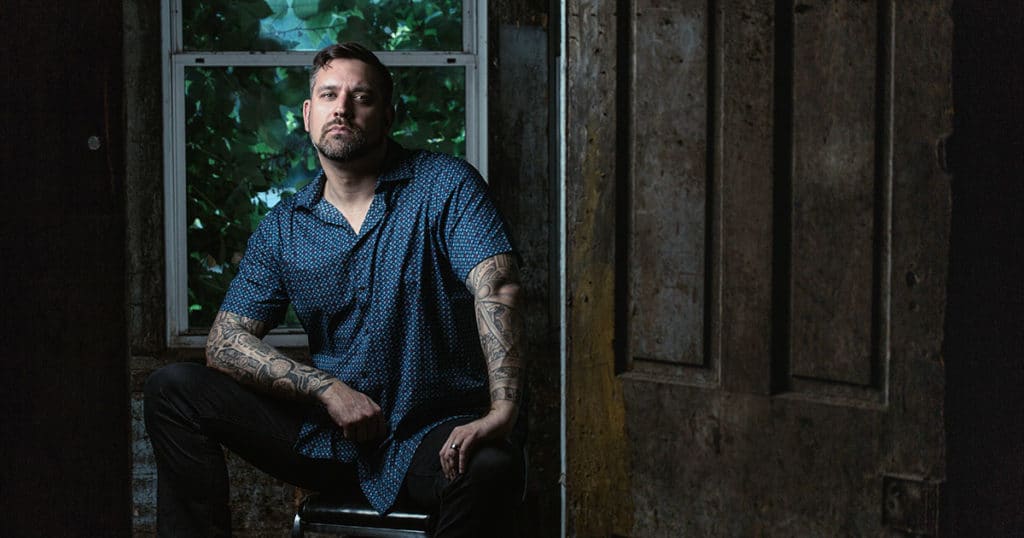The Violence Against Women Act (VAWA) is a U.S. federal law that was first enacted in 1994 and has been reauthorized several times since then, most recently in 2022.
VAWA aims to improve criminal justice responses to domestic violence, dating violence, sexual assault, and stalking by providing resources and support for victims and survivors of these crimes.
VAWA provides funding for the investigation and prosecution of violent crimes against women, as well as for victim services like shelters, hotlines, and counseling.
The law also includes provisions that address the needs of specific populations, such as Native American women and immigrants who are victims of domestic violence.
Changes Made in 2022
The reauthorization of VAWA in 2022 made several changes applicable to HUD programs. For example, it prohibits retaliation against individuals exercising their rights or participating in processes related to VAWA housing protections, protects the right to report crime from one’s home, and expands the definition of “covered housing program” to include additional housing and homelessness programs.
The Act also reauthorizes funding for transitional housing grants for victims of domestic violence, dating violence, sexual assault, or stalking, as well as for collaborative grants to increase the long-term stability of victims who are homeless or at risk of becoming homeless.
Gender Bias of the Violence Against Women Act

The Violence Against Women Act (VAWA) defines domestic violence as a man’s power and control over a woman, regardless of the violence’s severity. The Act’s gender bias ignores male victims of domestic violence, who make up almost 40% of all victims, and disregards female perpetrators of violence against men.
VAWA effectively mandates that all domestic violence calls lead to an arrest, even if the man is innocent. False accusations of domestic violence frequently occur from minor arguments between partners, but prosecutors refuse to drop charges, and “no-drop” policies ensure funding.
VAWA’s definition of domestic violence, combined with its funding of battered women’s shelters and staff with anti-male agendas, reinforces gender bias in family law. Men are often wrongly accused of abuse to gain an advantage in divorce and custody cases, and VAWA pays little attention to child abuse, which is primarily committed by women.
While VAWA claims to stop violence against women, it prioritizes gender bias over the welfare of all victims. If supporters were genuinely concerned about helping victims, they would demand gender-neutral and inclusive intervention and funding and recognize that both men and women can be victims of domestic violence.
What Happens to the Abuser?
VAWA does not specifically outline what happens to an abuser, but rather focuses on providing support and resources to victims and survivors of domestic violence, dating violence, sexual assault, and stalking.
However, the Act requires that states have mandatory or pro-arrest policies for domestic violence cases. That means that law enforcement officers are encouraged to make an arrest when they have probable cause to believe that a crime has been committed.
In addition, VAWA provides funding for the investigation and prosecution of violent crimes against women, which may result in abusers being held accountable for their actions through the criminal justice system.
Each state has its own laws and penalties for domestic violence, and consequences for abusers can vary depending on the severity of the abuse and the specific circumstances of the case. In general, domestic violence is a crime and abusers may face criminal charges and potentially serve time in prison or be required to complete counseling or other forms of treatment.